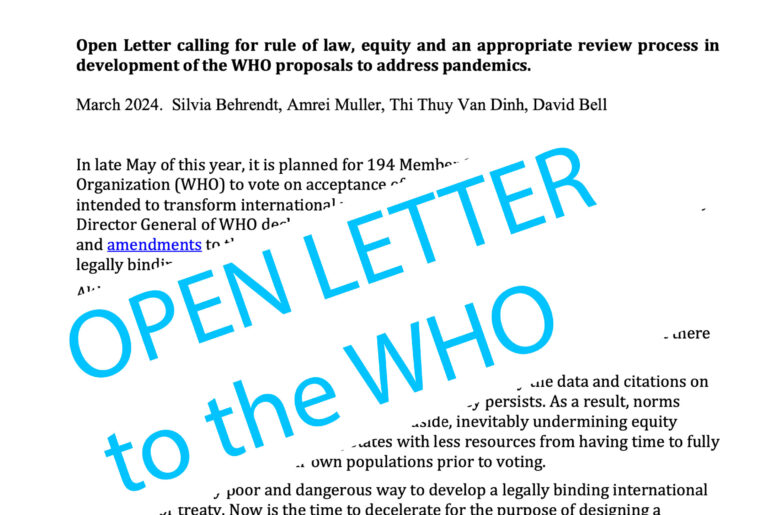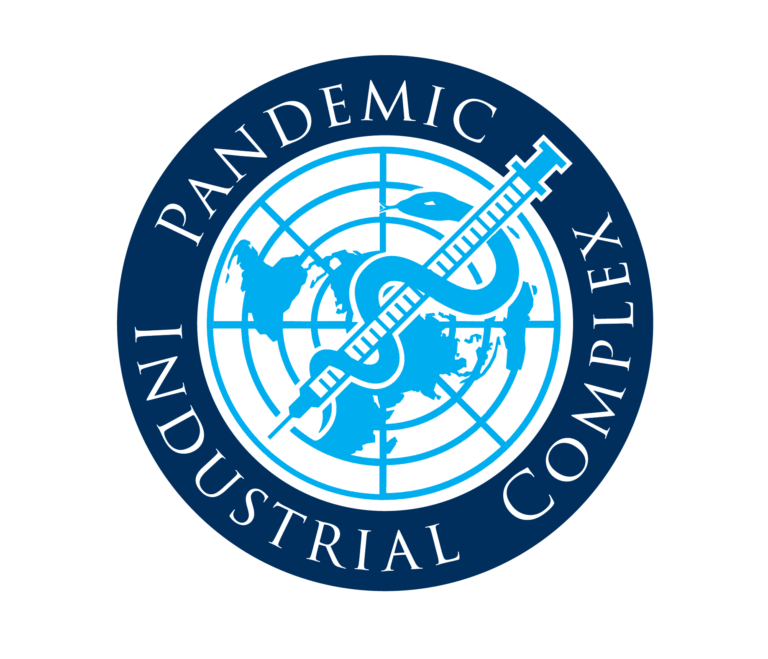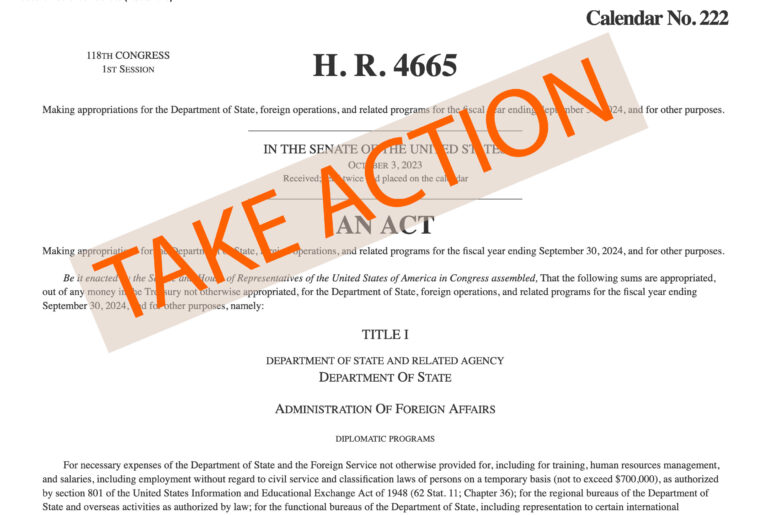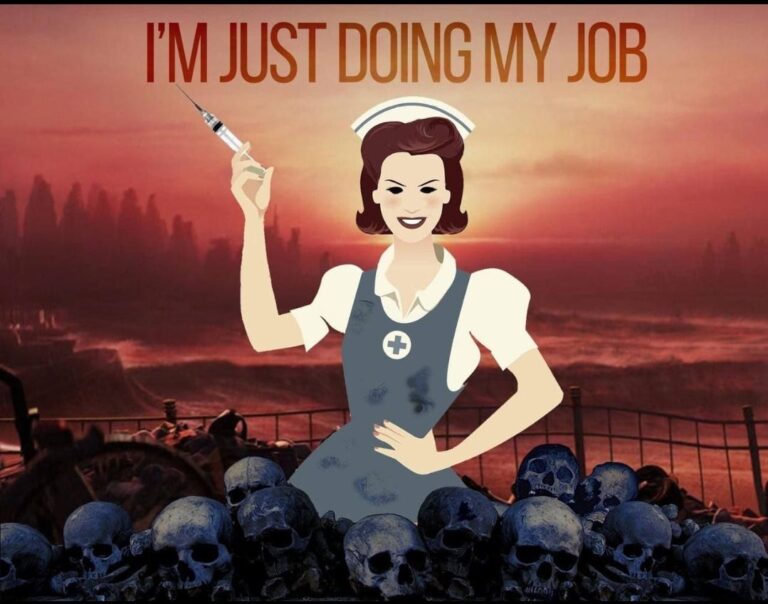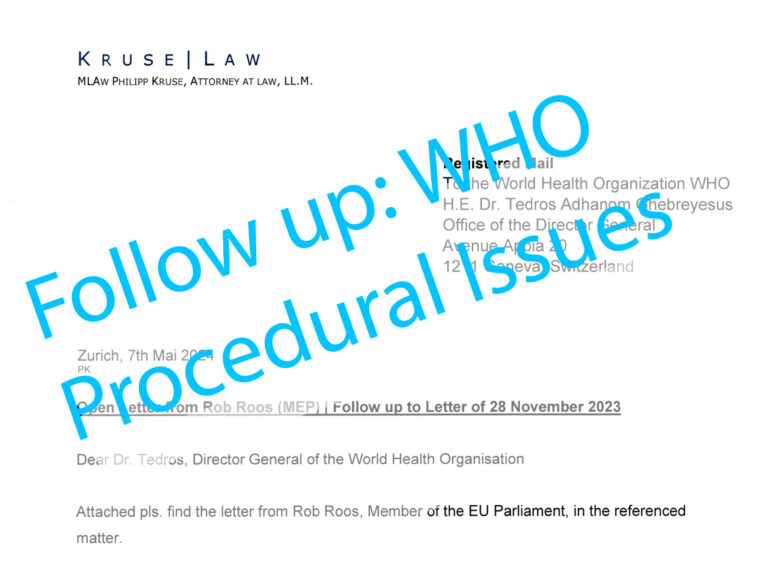The Working Group for International Health Regulations (WGIHR) held their 5th meeting to work on amendments to the IHR(2005) October 2nd through 6th, 2023
Below are some selected clips and commentary.
WGIHR Repository at Door to Freedom (backup of all public materials to date)
October 2nd, 2023: Opening Session
In the clip below, WHO counsel Stephen Solomon (famous from this piece of propaganda published by the WHO) suggests a way that the Working Group can get around the January 2024 deadline.
As Dr. Asiri makes evident in the opening of the session, negotiations are not proceeding on schedule. The 300+ amendments proposed by numerous nations and groups of nations must be ‘harmonized’ into something coherent and which functions in tandem with the Pandemic Treaty.
The primary tension in the working group negotiations is between the developing nations- who want equity guarantees and reasonable financing – and pharma, who wants IP protections, and open and immediate genetic sequencing sharing.
Article 55 of the IHR(2005) and the 2022 amended version requires that amendments be presented to all States Parties by the Director General at least 4 months before the Health Assembly. The next World Health Assembly is in May 2024, so amendments, in theory, are due in January 2024.
Here’s the first proposal by Steven Solomon as how the WGIHR might get around that rule.
In the video above, Solomon proposes that since the WGIHR is a “sub-division of the Health Assembly” it does not need to abide by the text of Article 55 of the IHR (text below). Interesting, not very compelling, theory. Multiple participants question the idea and the open session ends with a lack of clarity. View the full opening session on the WGIHR repository page.

Relevant Stakeholders
Invited to the WGIHR sessions are also non-governmental organizations referred to as “relevant stakeholders.” These include representatives from Pharma as well as traditional NGOs like Oxfam.
First, we’ll hear from Pharma, who reinforces that “the immediate and unhindered access to pathogens and their genetic information must be strengthened to support the IHR” (i.e open-source biological weapons sharing.) Pharma also would like to continue to develop vaccines “at record speed.”
Second, a representative from Third World Network lists off concerns we share: rapid sharing of genetic information could be used for biological weapons proliferation, and digital ID leading to “unrestrained cross-border data transfers.”
October 6th, 2023: Closing Session
About halfway through the public closing session of WGIHR-5, the delegate from the Russian Federation proposes a much more elegant solution for avoiding the problems caused by Article 55 of the IHR 2005 (i.e. “the four month rule.”) He simply points out that the text of “any proposed amendment” was actually presented to the entire world in October 2022. You can read all the proposed amendments here.
The issue is: these proposed amendments include some shockingly bad things: binding obligations for censorship, surveillance, and following the orders of the WHO Director General.
Thus, people of the world have been pushing to see the negotiated text of the amendments. The promise of the IHR 2005 rule was that activists and lawyers would have 4 months to review the proposed amendments prior to the World Health Assembly vote in May 2024.
At the opening of the WGIHR-5 session, the WHO counsel Steven Solomon had proposed an in-elegant reading of the rules. In the closure, the delegate from Russia comes up with a much better interpretation and they break for tea, to come back and re-work the on-screen text.
It is curious to the casual observer that the Russian Federation was one of the 11 countries who objected to the UN Political Declaration on Pandemic Prevention, Preparedness, and Response, and in this Working Group proposes a much better way to get around showing the public the text that has been under negotiations for 12 months.



